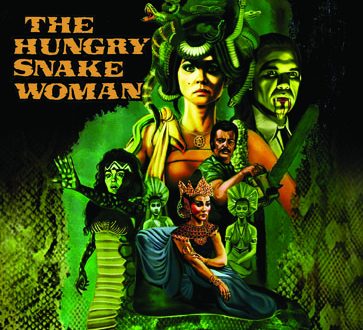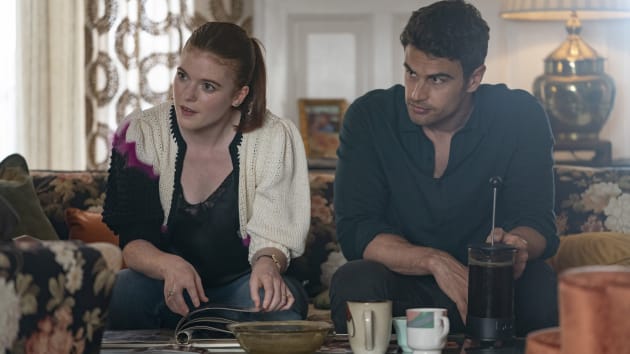As unrealistic as zombie apocalypses are, the main character in Netflix’s movie 100 Zom: Bucket List of the Dead is easy to relate to. At the start of this live-action adaptation of Haro Asō’s manga, Akira Tendō (Eiji Akaso) is annoyingly chipper as he starts his new job. Soon enough, though, reality hits Akira like a bullet train, and he becomes yet another exploited employee at his workplace. While his misery appears to be eternal, Akira is eventually given a second chance at life as a zombie virus overwhelms the world.
Upon learning of mankind’s fate, one caused by a mysterious and contagious virus, Akira is ecstatic. He doesn’t have to go to work anymore now that most everyone is either dead or zombified. As inappropriate as his first reaction seems, the story prefaces the chaos with enough evidence of why someone like Akira would rejoice in such a dire situation. Zom 100 humorously but also accurately captures intense Japanese work culture. Long hours, unpaid overtime, having to sleep at work, the inability to go home before the boss does — it’s a grueling way of life that not everyone is cut out for, yet many people put up with it because that’s just how things are. So when Akira smiles in the face of pandemonium, the audience can’t help but smile with him.
Zom 100 rejects the grim aesthetic so innate to other zombie movies and instead prefers a brighter palette to better match Akira’s new outlook. Interior shots admittedly fall into old habits of modern filmmaking; the use of color-correction and underlighting is less severe than usual, but the practices remain in effect. In addition to the rich visuals on occasion, director Yusuke Ishida plays with space as a reflection of the characters’ inner feelings. The cramped offices and close quarters are a manifestation of frustration, fear, and sadness, whereas happiness, relief, and liberation are tied directly to the outside.
The characters of Zom 100 are all easy to like, thanks to the cast. Eiji Akaso captures Akira well with his winsome and animated performance. The reconciliation between Akira and best friend Kenichirō “Kencho” Ryūzaki (Shuntarō Yanagi) is endearing, if not underdeveloped when compared to that of the manga. And Mai Shiraishi brings out the delayed but inevitable warmth of fellow survivor Shizuka Mikazuki, who is crucial to Akira’s maturation when the group runs into the protagonist’s former boss, Gonzō Kosugi (Kazuki Kitamura).
Zom 100 is foremost a dramedy that just so happens to be set in a world filled with zombies. However, that’s not to say it’s devoid of action and horror. When it comes time to fight off the living dead, Akira and his friends (both existing and new) aren’t afraid to get their hands dirty. The early zombie interactions are rather undemanding, but the movie wisely adapts the manga’s wild and Gyo-esque shark set piece in the last act. The charming Akaso finally dons his “superhero” suit — the former Kamen Rider actor knows a thing or two about heroics — and battles an outrageous shark zombie. The movie so far hasn’t boasted enough outlandish moments, but it most certainly delivers toward the end.
Comparisons are unavoidable, but the movie adequately sums up the manga’s discussions about work-life balance while also providing brisk storytelling, ample action, and appealing characters. With the manga still going and an anime adaptation underway, it would seem like this movie is perhaps unnecessary. Yet someone wanting a condensed retelling of the source material, or someone simply looking to explore Zom 100 for the first time, will be delighted with this version.
Zom 100: Bucket List of the Dead is now streaming on Netflix.


























































![Mason Ramsey – Twang [Official Music Video] Mason Ramsey – Twang [Official Music Video]](https://i.ytimg.com/vi/xwe8F_AhLY0/maxresdefault.jpg)
























